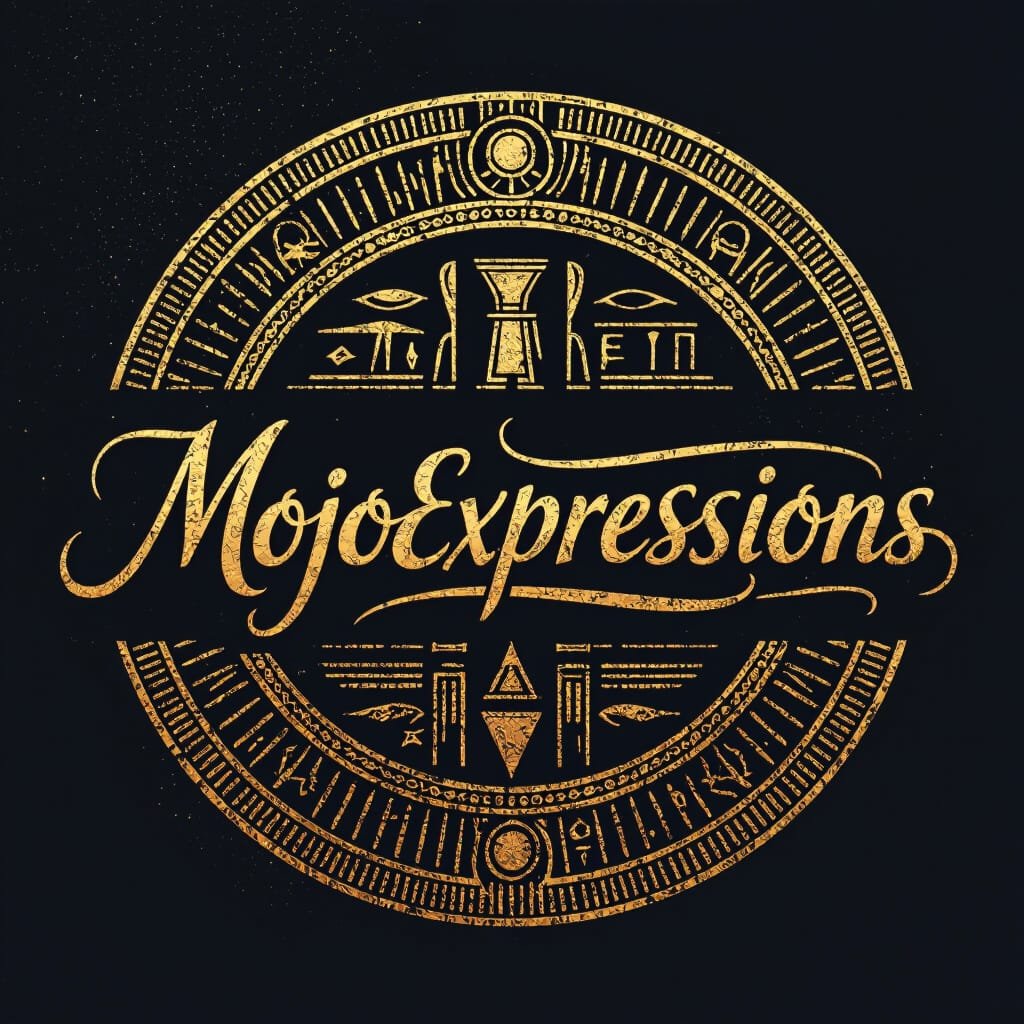Ah, the love languages—words of affirmation, acts of service, quality time, physical touch, and gifts. The magical framework that’s supposed to help us understand how we give and receive love. A recipe for relationship bliss, right? Well, maybe not. Because humans, in their infinite creativity, have found ways to take this wonderful concept and wield it as a weapon in the battle of “Who’s Right About Love?”
Take my friend Julie. She discovered her husband’s love language was “acts of service.” So naturally, she decided to cook his favorite meal… but only when she wanted him to agree to something. “Here’s your steak and mashed potatoes,” she’d say with a sly grin, sliding the plate across the table like a chess move. He’d take a bite, blissfully unaware, until she’d hit him with, “By the way, I’m redecorating the living room in bold florals. You’re going to love it.”
When he protested? “Are you enjoying your favorite dinner?" Acts of service, weaponized.
Then there’s my cousin, who insists his love language is “gifts.” But let’s be real: his definition of gifts is anything from the gas station on his way home. Flowers past their prime? Love. A bag of chips? Love. A scented candle that smells like “burnt disappointment?” Love. But heaven forbid his wife’s gift-giving standards fall short of “I spent six months planning this personalized scrapbook of your life.”
“You just don’t understand my love language,” he’ll pout. Translation: “You’re not trying hard enough to feed my ego.”
Quality time, you say? Oh, I have a story for that. My friend's girlfriend would schedule “us time” with the precision of a military operation. “We’re spending every Friday night together,” she announced. Sweet, right? Except Friday nights quickly became “mandatory emotional check-ins.”
“How do you think our relationship is going?” she’d ask, staring him down like a life coach with a vendetta. He once dared to answer, “Fine?” which prompted a 45-minute PowerPoint presentation on “How he Needs to Be More Present in Our Quality Time.”
Physical touch isn’t immune either. One guy I know, lets call him Mark, turned it into an Olympic sport. His girlfriend’s idea of physical touch was holding hands or the occasional hug. His? A constant barrage of back pats, shoulder squeezes, and unsolicited foot rubs that made her feel like a prize cow at a state fair. “But physical touch is how I express love,” he’d say, utterly oblivious to the fact that she was one more surprise shoulder massage away from losing her mind.
Words of affirmation? Oh, this one’s a doozy. My coworker Linda has mastered the art of the backhanded compliment in the name of “love.” “You’re such a hard worker,” she’ll say. “I mean, you’re not the smartest person in the room, but your effort really shows.” Thanks, Linda. My self-esteem feels so affirmed.
The point is, we’ve all done it. Taken something beautiful—a tool for connection and understanding—and twisted it to preserve our own egos. It’s not always intentional, but it happens. We turn “us” into “me versus you,” clinging to our preferred love languages like they’re moral high ground.
And oh, how I wish it weren’t this way. How I wish we could use this wisdom to truly understand and uplift each other instead of scoring points in an imaginary relationship game. I dream of finding others who want to change the world—to take this messy, complicated thing called love and make it something that heals rather than divides.
But for now, I’ll settle for this: learning to laugh at myself, to see the ways I’ve done the same thing, and to remember that love—at its best—isn’t about winning or losing. It’s about showing up, flaws and all, and choosing to connect anyway. And maybe, just maybe, leaving the PowerPoints out of it.
